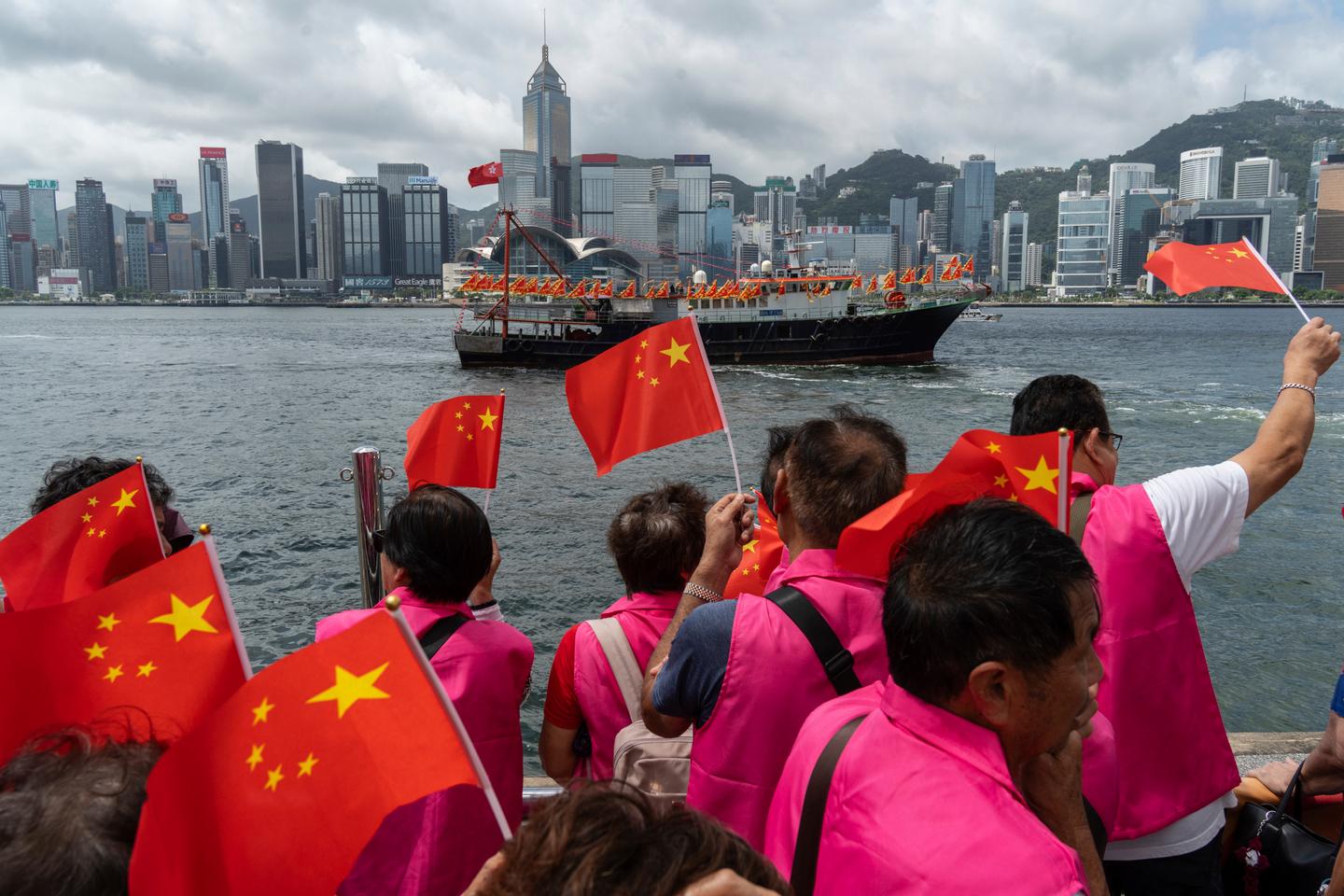


Common law, the legal system inherited from the British era (1841-1997), is – or was? – the keystone of Hong kong's distinctive identity, in contrast to mainland China, where the courts are notoriously in the service of government. It was this justice above suspicion that enabled Hong Kong to remain, even after the handover, a first-rate international financial center, a cosmopolitan metropolis where companies from all over the world and their employees knew they were protected, as much in terms of civil and political liberties as for business law.
The probity of a judge in Hong Kong has long been a given, self-evident, and arguably the most fundamental difference between the city and mainland China. The fact that foreign judges from other countries also governed by common law (principally the UK, Canada and Australia) continue to be invited to sit as "non-permanent judges" on the Court of Final Appeal, the highest legal body in the "special administrative region", further conferred some kind of supreme guarantee of independence on Hong Kong's judiciary.
Nothing was supposed to change for at least 50 years, i.e. until 2047, under the terms of the treaty signed between the UK and China in 1984 with a view to the handover. However, Beijing began bringing Hong Kong to heel in 2020, with the imposition of a new National Security Law (NSL), after the large-scale social and political movement of the summer of 2019, which struck fear into Beijing's heart. The draconian NSL was recently supplemented by a new series of security laws, passed on March 19, with aggravating effects on basic civil rights in a democratic system.
No reasoning
Since 2020, the crushing of all dissent and the stifling of all critical voices has been achieved through hundreds of "small" trials, often involving harshly judged protesters, but also, and above all, via a few major trials. Most of these, with their Orwellian overtones, are still ongoing. There is the trial of opposition press group chief Jimmy Lai, or that of the handful of organizers of the annual vigil in memory of the Tiananmen massacre on June 4, 1989, the most fervent and unyielding advocates of a democratic transition in China. Of these major trials, that of the "47" has been the most far-reaching. In a single trial, the authorities succeeded in removing almost the entire former pro-democracy camp from public life.
However, the judgment handed down on May 30 in this trial of the "47" sounded the death knell for the Hong Kong justice system's last hopes of independence from local government. The document, nearly 1000 pages long, surprised and even shocked people by its lack of reasoning. Known and respected in the community, all that the 47 citizens involved had in common was that they had participated in "primaries" of the pro-democracy opposition in July 2020. This admittedly disruptive but constitutional strategy earned charges (and guilty verdicts for 45 of them) of "conspiracy to subvert state power." What's more, although the Basic Law, Hong Kong's mini-constitution, guarantees a "fair and prompt trial" and the presumption of innocence, less than a quarter of those arrested were granted parole. The others had to wait in prison for the three years of legal proceedings.
You have 39.39% of this article left to read. The rest is for subscribers only.
